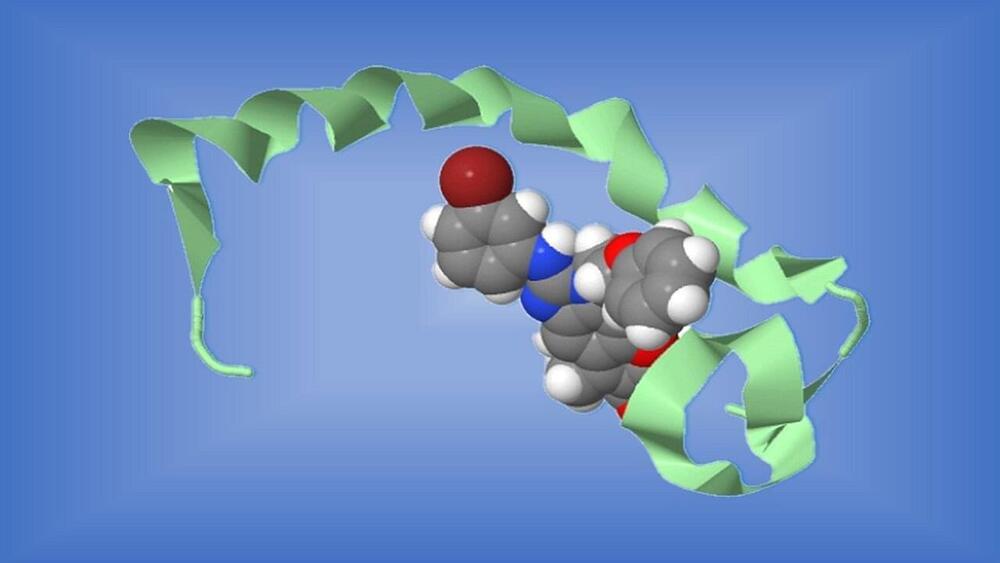Two progressively degenerative diseases, amyotrophic lateral sclerosis (ALS, commonly known as Lou Gehrig’s disease) and frontotemporal dementia (FTD, recently in the news with the diagnoses of actor Bruce Willis and talk show host Wendy Williams), are linked by more than the fact that they both damage nerve cells critical to normal functioning—the former affecting nerves in the brain and spinal cord leading to loss of movement, the latter eroding the brain regions controlling personality, behavior and language.
Research studies have repeatedly shown that in patients with ALS or FTD, the function of TAR DNA-binding protein 43, more commonly called TDP-43, becomes corrupted. When this happens, pieces of the genetic material called ribonucleic acid (RNA) can no longer be properly spliced together to form the coded instructions needed to direct the manufacture of other proteins required for healthy nerve growth and function.
The RNA strands become riddled with erroneous code sequences called “cryptic exons” that instead affect proteins believed to be associated with increased risk for ALS and FTD development.
